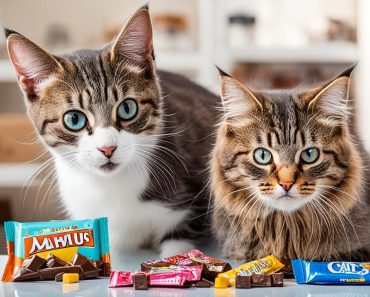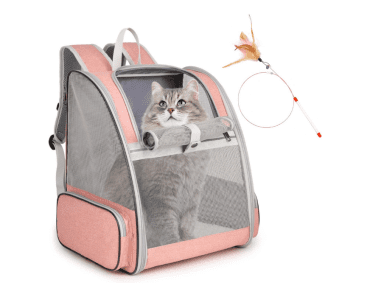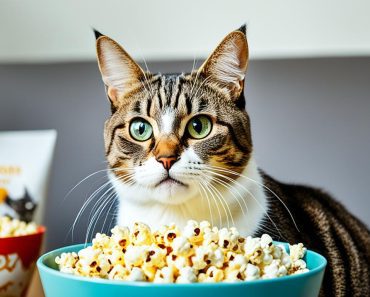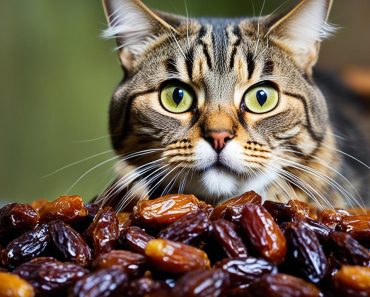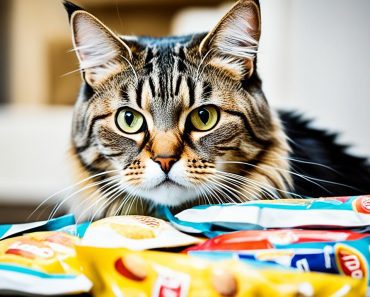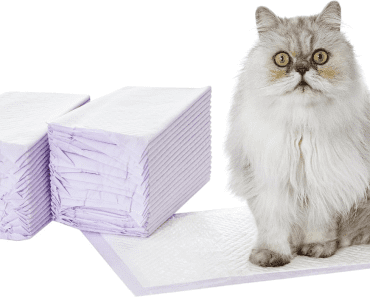As a cat owner, I often find myself wondering what foods are safe and beneficial for my furry friend. One particular question that often arises is whether cats can eat pumpkin. Today, I’m here to shed some light on this topic and help you make an informed decision for your beloved feline companion.
So, can cats eat pumpkin? The answer is yes, but with some important considerations. Plain 100% pumpkin, without any added spices or sugars, is safe for cats to consume. In fact, it can provide several health benefits for our whiskered friends. Pumpkin contains essential nutrients such as potassium, phosphorous, calcium, vitamins A, C, and K, as well as fiber.
However, it’s crucial to remember that cats are obligate carnivores, meaning their diet should primarily consist of meat. Pumpkin should never replace their regular meat-based meals. Instead, it can be used as a supplement or occasional treat.
Pumpkin can be particularly beneficial for cats with constipation or diarrhea. The fiber content in pumpkin helps regulate their digestive system, providing relief and promoting healthy bowel movements. It’s essential to only feed them plain, cooked pumpkin and avoid pumpkin pie or any other pumpkin products that contain added spices or sugars, as these can be harmful to their health.
Can Cats Eat Pumpkin? Yes, of course, but with careful precautions.
- Plain, 100% pumpkin without added spices or sugars is safe for cats to eat.
- Pumpkin can provide several health benefits, including essential nutrients and fiber.
- Cats are obligate carnivores, so pumpkin should not replace their regular meat-based diet.
- Pumpkin can be beneficial for cats with constipation or diarrhea, as it helps regulate their digestive system.
- Avoid feeding cats pumpkin pie or any pumpkin products with added spices or sugars, as these can be harmful to their health.
Potential Benefits of Pumpkin for Cats
Pumpkin offers several potential benefits for cats. The fiber content in pumpkin can aid in digestion by absorbing excess moisture in the digestive tract, making it beneficial for both constipated cats and those with diarrhea. It can also help with weight management by promoting a feeling of fullness and reducing excessive eating. Additionally, the nutrients in pumpkin, such as vitamins and minerals, contribute to overall cat health.
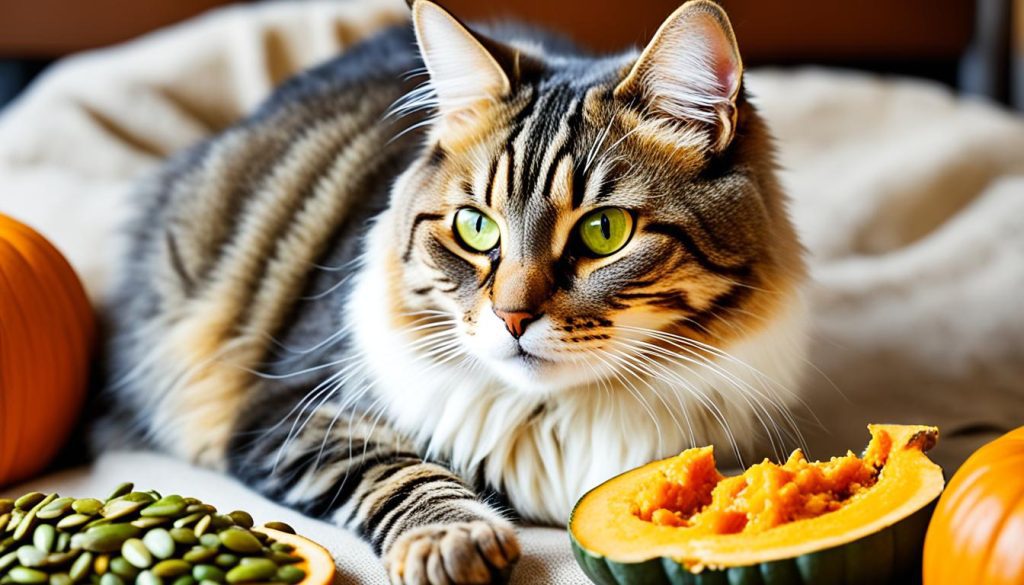
Feeding pumpkin as an occasional treat or supplement can provide your cat with these advantages. However, it is important to note that pumpkin should not replace a cat’s primary meal or diet. It should be given in moderation, as excessive consumption can lead to digestive issues or weight gain.
How to Safely Feed Pumpkin to Cats
When it comes to feeding pumpkin to cats, it’s important to take a few precautions to ensure their safety and well-being. Follow these guidelines to safely incorporate pumpkin into your cat’s diet:
Choose the Right Pumpkin
Start with plain, cooked pumpkin without any added spices or sugars. This ensures that your cat receives the benefits of pumpkin without any potential harmful ingredients. Fresh pumpkin can be baked or steamed until soft and then pureed or mashed. Canned pumpkin puree is also a suitable option, as long as it is plain and unsweetened.
Introduce Pumpkin Gradually
When introducing pumpkin to your cat for the first time, do so gradually. Begin by adding a small amount to their regular food and observe their response. Some cats may take time to adjust to the new flavor and texture.
Vary the Serving Methods
There are several ways to serve pumpkin to your cat. You can offer it on its own as a tasty treat or mix it into a small amount of their canned cat food. This adds a nutritious twist to their meal and encourages them to consume the pumpkin. Experiment with different serving methods to find what works best for your cat.
Monitor Serving Sizes
The recommended serving size of pumpkin for cats is usually 2-3 tablespoons. However, this can vary depending on your cat’s size, health condition, and specific needs. It’s important to monitor their response to pumpkin and adjust the amount accordingly. Too much pumpkin can lead to digestive issues or weight gain, so portion control is key.
Remember, feeding pumpkin to your cat should be done in moderation. While pumpkin offers numerous health benefits, it should not replace their regular meat-based diet. Always consult your veterinarian if you have any concerns or specific questions about feeding pumpkin to your cat.
Safety Precautions and Side Effects of Feeding Pumpkin to Cats
While pumpkin is generally safe for cats, it’s important to take certain precautions to ensure their health and well-being. Here are some guidelines to follow when feeding pumpkin to your furry friend:
- Only feed plain, cooked pumpkin to cats. Avoid giving them pumpkin pie filling or canned pumpkin with added sugars and spices.
- Introduce pumpkin gradually into your cat’s diet to avoid any potential allergies or adverse reactions.
- Monitor your cat’s response to pumpkin consumption. If you notice any unusual symptoms or severe side effects, such as vomiting or lethargy, consult a veterinarian immediately.
- Remember to practice portion control. Feeding too much pumpkin can lead to digestive issues like diarrhea or weight gain.
It’s also important to note that slight changes in stool color, such as a slightly orange tint, are normal and harmless after your cat consumes pumpkin.
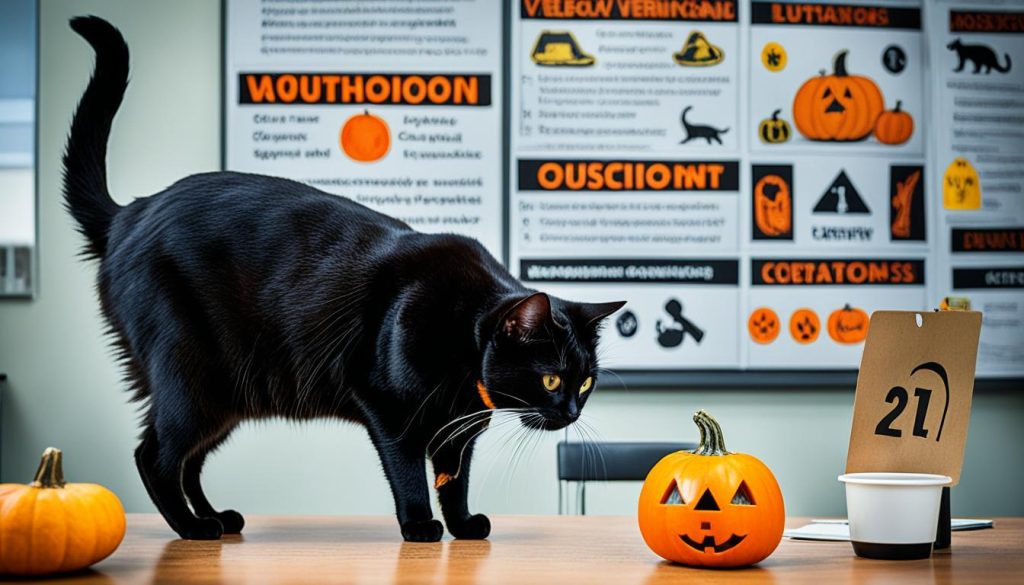
Feeding pumpkin to your cat can be a satisfying and beneficial experience, but it’s crucial to prioritize their safety and overall well-being. By following these safety precautions and monitoring your cat’s response, you can enjoy the health benefits of pumpkin without any worries.
Conclusion
Pumpkin can be a safe and beneficial treat for cats when fed in moderation. It offers potential benefits for digestion, weight management, and hairball control. However, it should not replace a cat’s regular diet, and caution should be exercised when introducing pumpkin for the first time.
Always use plain, cooked pumpkin without added spices or sugars, and monitor your cat’s response to ensure it is well-tolerated. Consultation with a veterinarian is recommended for personalized advice and to address any specific health concerns.
Pumpkin can provide a tasty and healthy addition to your cat’s diet when used correctly. Remember, cats are obligate carnivores, so their primary source of nutrition should be a meat-based diet. Adding a small amount of pumpkin as an occasional treat or supplement can be a nutritious and enjoyable experience for your feline friend.

